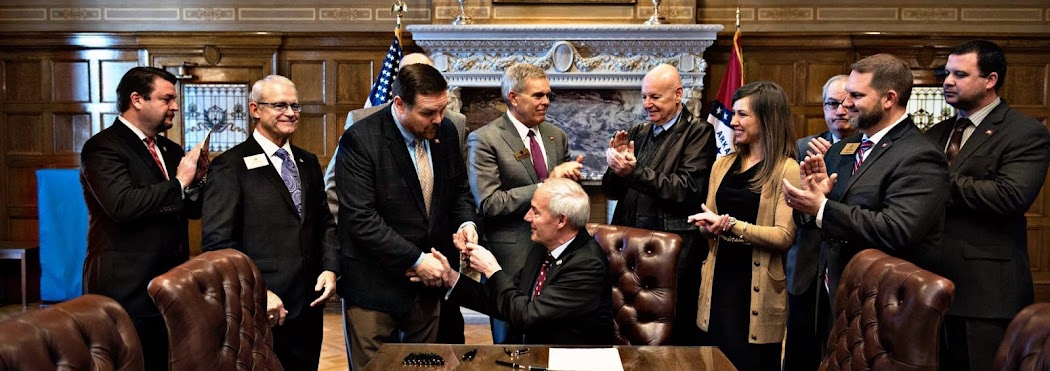Jacob Schriever’s life has been marked by a tumultuous journey and a profound encounter with God. His quest for guidance and salvation ultimately led him to find solace and purpose through his faith in Christ. However, his recent experience during the Pride Parade in Hot Springs took a harrowing turn, exposing him to aggression, hostility, and, potentially, a criminal record. Let us delve into Jacob’s remarkable story of struggle and redemption, as well as the challenges he faces today.
On his
30th birthday, December 11th 2007, Jacob experienced a spiritual
awakening that shook him to his core. While working in Chicago, he felt the
manifestation of God’s wrath upon him, a conviction of the Holy Spirit that
served as a catalyst for his transformation. Seeking guidance, Jacob turned to
his priest but found no relief from his fears and confusion. Instead,
supernatural occurrences haunted him, intensifying his sense of guilt and
impending doom.
Overwhelmed
by his sins, Jacob saw a waking vision that cemented his belief in his destined
damnation. Haunted by the belief that demons were closing in on him, he decided
to dedicate his remaining time to warning others. Holding a sign on a street
corner in Chicago that read, “Read the Bible, it will Save your Life!” he hoped
to share the life-saving message he had neglected to believe.
It was on
this momentous day that members of a local Baptist church discovered Jacob
and extended their support. Embraced by their warmth and compassion, after
hearing the simple plan of salvation by grace, Jacob accepted Christ as his
Savior, underwent baptism, and dedicated himself to deepening his Biblical
knowledge. Pursuing studies at Bible College and engaging in evangelism, Jacob
relocated to Hot Springs, where he continued to spread the teachings of the
Bible.
On June
10, Jacob Schriever found himself in a series of horrifying events during the
Pride Parade in Hot Springs. Joined by his friend David Runyan, Jacob had been
street preaching and holding a sign proclaiming the imminent return of Jesus
for several months, hoping to win souls to Christ. They had learned about the
Pride Parade just a week before the event and decided to attend to share their
message of faith.
The
previous year’s parade had been small and relatively peaceful, with only about
20 participants. So, Jacob and David didn’t anticipate any significant trouble.
Little did they know that this year’s parade would be different. The day of the
parade coincided with a biker event, attracting a larger crowd to downtown Hot
Springs.
As Jacob
preached near the fountain, he noticed an increasing number of hecklers and
individuals with LGBTQ paraphernalia observing their activities. Among them
were some people with professional camera equipment, filming their
interactions. Despite the confrontational atmosphere, Jacob tried to maintain a
loving and compassionate approach to his preaching.
As the
parade drew nearer, Jacob and David positioned themselves to preach and hold up
their signs. However, as soon as the parade reached them, Jacob was taunted and
sprayed with silly string. Startled, he tried to defend himself but was tackled
against a parked vehicle. Amid the chaos, he managed to retreat but found
himself caught up in a scuffle.
As the
parade progressed, Jacob encountered numerous individuals trying to block him,
grab his sign, or physically confront him. He had to constantly maneuver to
avoid being overwhelmed. At one point, he even directed his preaching towards
federal park rangers leading the parade, whom he believed were using their
authority to spread what he considered sexual deviancy.
The mob’s pushing
and shoving continued, making it increasingly difficult for Jacob to navigate
the crowd. Despite the hostilities, he remained determined to finish his
preaching and protest. When the parade ended, he tried to find an exit but
found himself surrounded by the mob. Amidst the chaos, he had some liquid
thrown on him and he was pushed into the doorway of the Central Theater,
falling face-first to the ground.
Though
disoriented, Jacob managed to crawl to his feet in the theater entrance. People
continued to push him from all directions, attempting to take his sign. In the
midst of the commotion, he tried to establish distance without resorting to
violence. In a desperate moment, he shouted at a young bodybuilder who was in
his face, hoping to create space.
Suddenly, an officer intervened, shouting that Jacob was under arrest. Surprised,
Jacob cooperated fully and was handcuffed. The crowd erupted in celebration,
while Jacob defiantly shouted about the imminent return of Jesus.
David, who
had been filming the arrest, had to flee from the mob that chased him,
threatening harm. Jacob was eventually released from jail after a brief period,
thanks to an anonymous person or persons who paid his bail.
Jacob’s
trial for the charge of “Disorderly Conduct” is set for September 21st
at the District Court in Hot Springs. Bob Ballinger, the Director of Law and
Policy for the National Association of Christion Lawmakers, is representing
Jacob in his criminal case.
In light
of the legal challenges he faces, Jacob’s supporters have set up a GiveSendGo
campaign to assist with his legal fees. If you feel compelled to help Jacob in
his journey, you can find more information and contribute at the following
link: Legal
Fees
Jacob
Schriever’s life has been a testament to the transformative power of faith and
the love of Christ. From a harrowing journey of struggle and redemption, he
found solace and purpose by sharing the life-saving message of the Bible.
Despite the challenges he faces today, Jacob remains steadfast in his
dedication to spreading God’s words and warning others of the eternal
consequences of their actions. Let us remember Jacob’s story as a testament to
the strength of faith and the resilience of the human spirit.
A video
capturing some of the activity at the pride parade can be found at: Video




